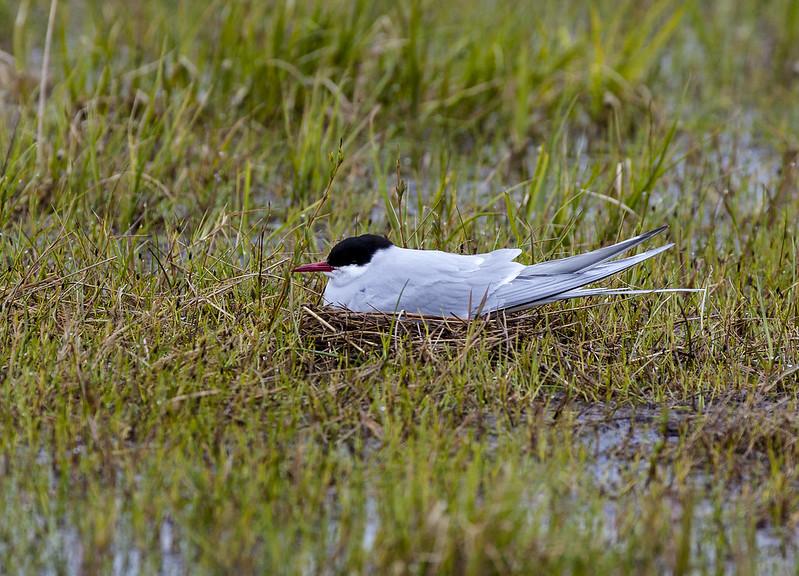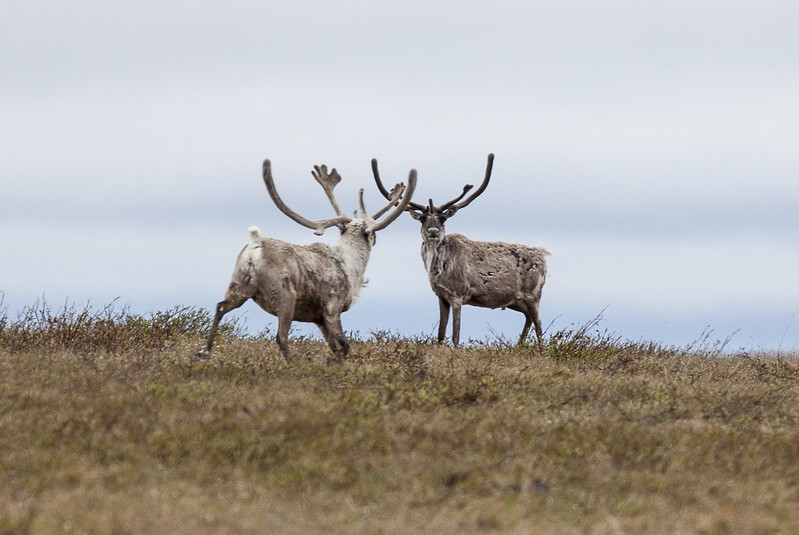
Lawsuit calls out illegal plan to sell off the nation’s largest public land
We went to court again—the second time this week–charging the U.S. Bureau of Land Management with advancing an illegal plan to sell off the nation’s largest unit of public land to oil companies.

This effort to expand fossil fuel exploitation in Alaska’s National Petroleum Reserve would increase the harms caused by climate change, diminish public health, degrade land, water and air, and encroach on long-protected areas vital to wildlife and people.
“This administration keeps relentlessly pushing an agenda to give public lands to the oil and gas industry, no matter the harm to local communities, wildlife, and long-protected areas essential to the health of wildlife and people,” said Suzanne Bostrom, staff attorney with Trustees for Alaska. “BLM put out a plan completely at odds with the agency’s obligation to provide maximum protection for areas like Teshekpuk Lake, and lands and waters essential to the health of western Arctic animals and people.”
The health of Arctic wildlife and communities is at stake
The NPRA encompasses 23 million acres of public lands that nourish fish and wildlife, including caribou herds, polar bears, raptors, and millions of migratory birds that in turn nourish local people and their way of life.

Protections for areas such as Teshekpuk Lake, the Colville River, and the Utukok Uplands have been in place for decades because of the importance of these areas to the health of wildlife. A management plan adopted in 2013 closed about half of the NPRA to oil and gas activity because of the need to protect these areas.
BLM released a final environmental impact statement in June 2020 that puts forth a new plan that slashes those protections significantly to pander to oil company expansion and profit goals. That agency decision violated multiple laws, and the lawsuit aims to halt this illegal plan and prevent the degradation of vital western Arctic lands.
- Read the press release.
- Read the lawsuit’s complaint.
Trustees for Alaska filed the suit on behalf of the Northern Alaska Environmental Center, Alaska Wilderness League, Conservation Lands Foundation, Defenders of Wildlife, Sierra Club and The Wilderness Society.


